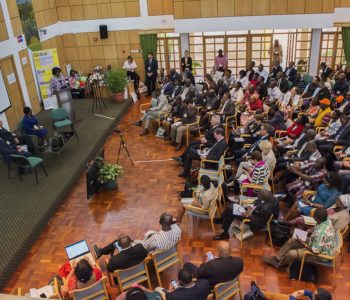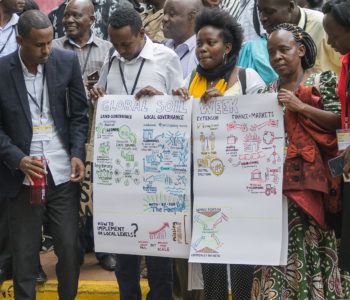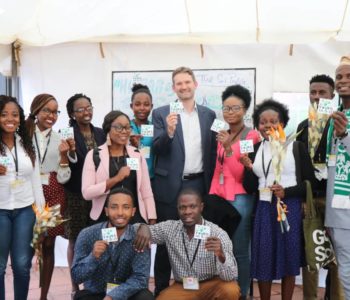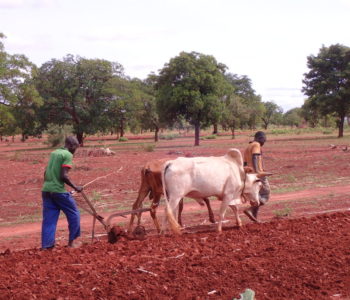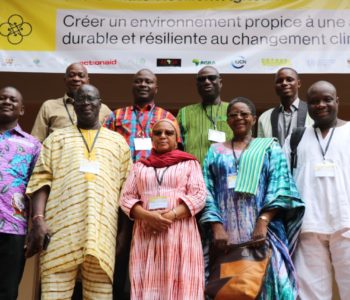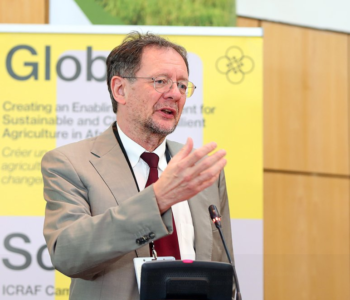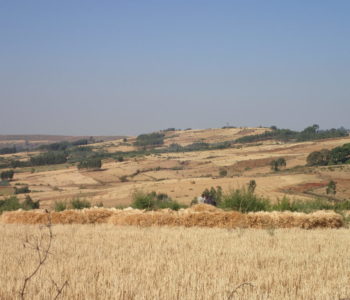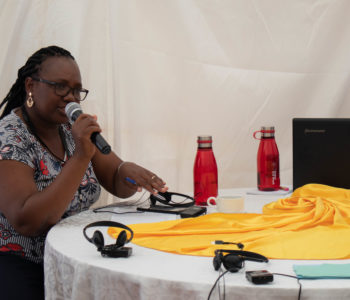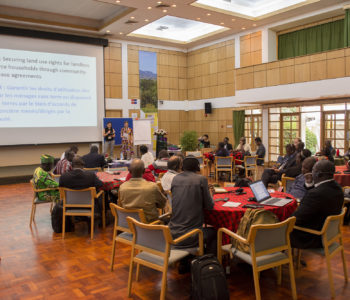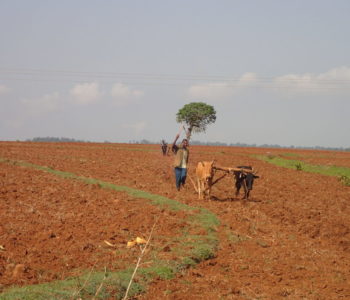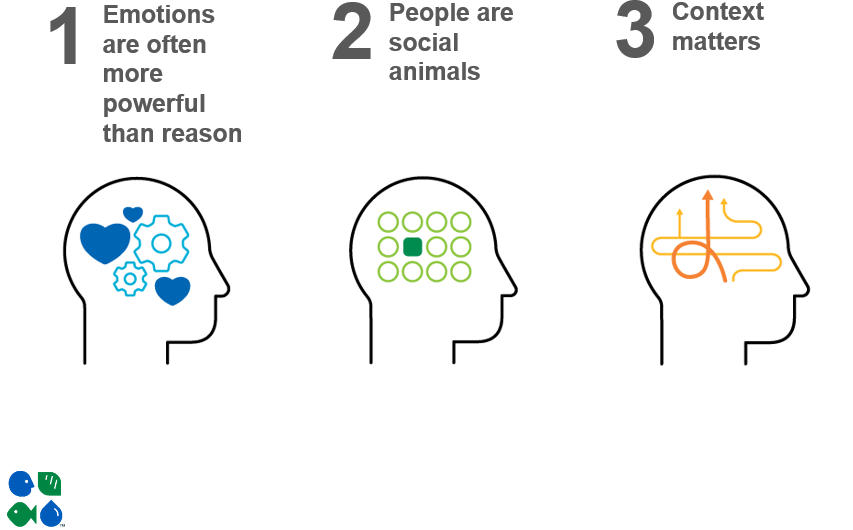
Demystifying extension and advisory services through learning
Demystifying extension and advisory services through learning
By Atula Owade
The Global Soil Week 2019 had a variety of topics to tackle regarding creating an enabling environment for African agriculture. There are several experts and project implementers from a diverse range of backgrounds partaking in the reviews and analysis of the topics around these cases. Among others were farmers, agronomists, economists, soil scientists, social scientists, who are also contributing to the discussions on enabling environment.
To enrich discussions on the theme of the Global Soil Week 2019, the conference was divided into a Technical and High-Level Segment. Day 1 of the Technical Segment was divided into five parallel workshops to discuss a number of cases.
Workshop 3 was held in one of the ICRAF Campus buildings and offered a platform through which extension officers and enthusiasts could share their experiences and learn from one another, as many of the cases discussed provided lessons for this dimension. This was designed to facilitate conversations that would lead to actionable outputs that would aid the creation of an enabling environment for sustainable land management.
In this regard, an enabling environment is viewed as the presence of certain institutional and technical requirements. These requirements promote large-scale dissemination and long term maintenance and adaptation of practices for sustainable and climate-resilient agriculture after the end of external interventions.
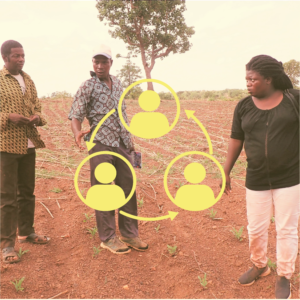
The guiding objectives
There were five workshops with the same overall aim of facilitating a bottom-up learning approach on “Creating an Enabling Environment for Sustainable and Climate Resilient Agriculture in Africa”. Each workshop discussed a number of cases during the Technical Segment on Day 1 of the conference. Each workshop had three guiding objectives, which included:
To ensure that participants have a clear understanding of the enabling environments and the means used to create them for each of the presented cases; to encourage participants to identify relevant lessons discussed comprehensively, and to provide a platform through which participants could learn from one another’s experiences.
Approach taken
It is often said that the success or failure of a workshop largely depends on the approach that is taken when conducting it. There needs to be a structure which ensures that all the relevant items are covered and effectively addressed. This is exactly what was considered when devising the approach taken during Workshop 3. In this workshop, both project presentations and peer-to-peer discussion approaches were used.
Project presentations approach
Workshop 3 featured four case presentations. These included: sustainable honey production by Apis Agribusiness in Ethiopia; The Kenya agricultural carbon project by Vi agroforestry; scaling up evergreen agriculture in 8 African countries by ICRAF, and NABRAD on building an empowered and financially inclusive rural India through government intervention.
The major talking points in each presentation were anchored on what made their projects innovative and the individuals or organizations involved in its formulation and implementation. The expectation from the workshop was high for the participants, to be able to understand the nature of the project and how it facilitates the creation of enabling environments for sustainable and climate-resilient agriculture in Africa.
Peer-to-peer discussions approach
The aforementioned presentations were meant to trigger conversations around sustainability and extension work. Each case was unique and thereby, bringing something different to the table. The case of the sustainable honey production project illustrated how behavioral science can be used to encourage sustainable land management. The NABRAD case showed the importance of government intervention in promoting extension work for farmers.
The discussions from the workshop were also guided by how the project interacted with certain important elements such as the farming community where the project is being implemented; the local and national governments; the civil society; the project business model and the international community. Lessons gathered from the presentations were picked–up as talking points among the participants.
Working in small groupings, the implementers analyzed and reviewed each case individually through discussions and peer-to-peer learning exercises. The cases were assessed to identify what elements of an enabling environment they were creating among farmers and local communities. In rounding off the discussions, a set of actionable outputs were formulated and were used as an integral part for the high-level segment of the conference.
